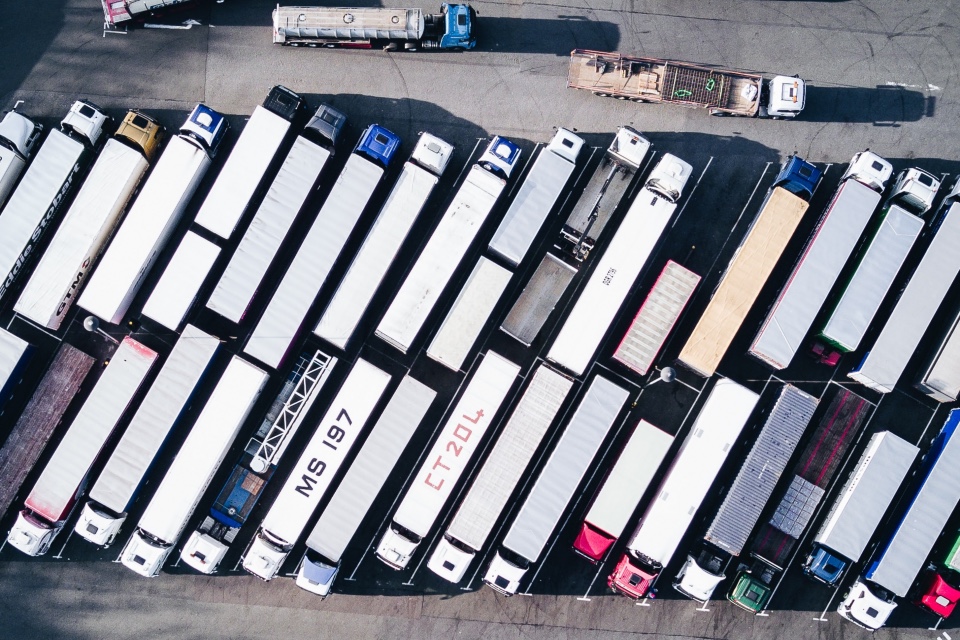With the ongoing challenges of fuel costs, sustainability pressures, and increasing customer expectations, these transport planning and load optimisation solutions offer innovative ways to streamline operations, reduce costs, and meet regulatory demands. Here are the biggest trends shaping the landscape, including requirements, technologies, costs, and future outlook…
1. AI-Driven Route and Load Optimisation
Artificial Intelligence (AI) and Machine Learning (ML) have become central to transport planning and load optimisation. These technologies analyse vast datasets, including traffic patterns, weather conditions, and delivery time windows, to create the most efficient routes and maximise vehicle capacity.
AI-powered solutions help supply chain managers reduce fuel consumption, improve delivery accuracy, and enhance fleet utilisation. For businesses with large fleets or complex delivery networks, the initial investment in AI-driven platforms is offset by significant savings in operational costs and reduced carbon emissions.
2. Real-Time Data Integration and IoT
Real-time data integration through Internet of Things (IoT) devices is transforming transport management. IoT-enabled sensors provide live updates on vehicle locations, cargo conditions, and fuel usage, allowing supply chain professionals to make informed decisions on-the-go.
This capability is particularly valuable for industries like food and pharmaceuticals, where maintaining precise cargo conditions is critical. Cloud-based platforms that consolidate IoT data into actionable insights further enhance operational efficiency and transparency across the supply chain.
3. Sustainability-Focused Solutions
With sustainability high on the agenda, many transport planning tools now include features for calculating and minimising carbon footprints. Solutions that enable multi-drop routing, vehicle pooling, and load consolidation reduce empty miles and emissions, helping organisations meet regulatory requirements like the UK’s Net Zero Strategy.
Sustainability-focused tools are particularly appealing to companies looking to align with customer and stakeholder expectations for greener operations. While some solutions involve higher upfront costs, the environmental and reputational benefits make them a worthwhile investment.
4. Advanced Load Optimisation Algorithms
Modern load optimisation solutions use advanced algorithms to maximise vehicle capacity while ensuring cargo safety. These tools account for weight distribution, stacking rules, and compatibility requirements, reducing damage risks and optimising delivery schedules.
This is especially critical for sectors handling varied cargo types, such as retail and manufacturing, where efficiency gains translate directly into cost savings.
Outlook: Autonomous Transport and Predictive Analytics
Looking ahead, the integration of autonomous transport technologies and predictive analytics will further revolutionise transport planning. These advancements will enable fully automated fleet management and enhanced risk mitigation, driving greater efficiency and reliability.
Conclusion
By leveraging AI, IoT, and sustainability-focused tools, senior supply chain professionals can optimise transport planning and load management, reducing costs and improving operational efficiency. The future of logistics lies in intelligent, data-driven solutions that meet the demands of a dynamic and sustainable supply chain landscape.
Are you searching for Transport Planning & Load Optimisation solutions for your organisation? The Total Supply Chain Summit can help!







